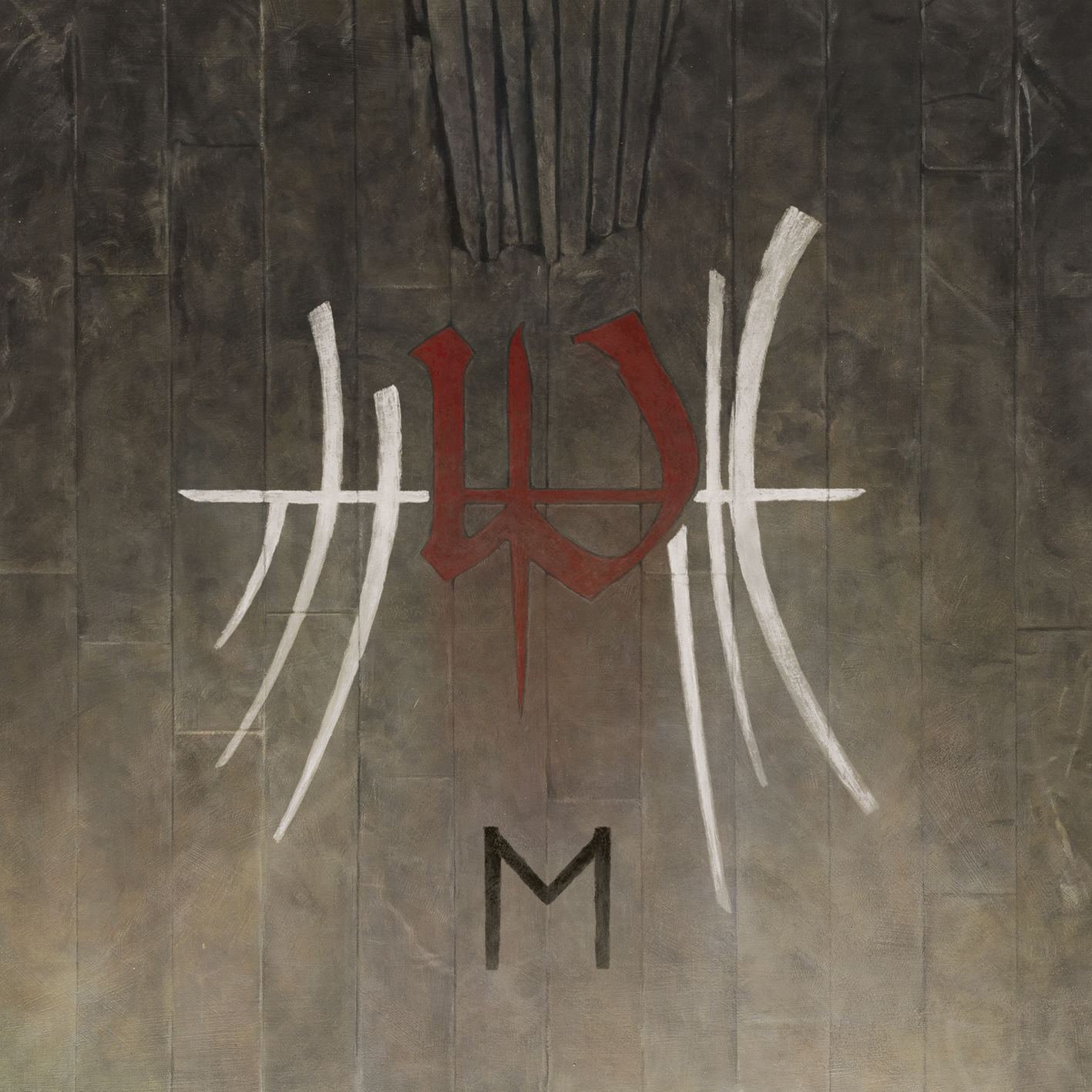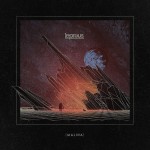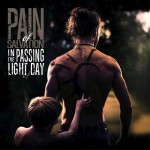Enslaved : E

Enslaved has become a somewhat divisive group. It would be hard to see this from the outside; every record of theirs is met with critical acclaim from the metal world, and they’ve remained one of black metal’s most vibrant, creatively ambitious and spiritually satisfying groups for nearly three decades. Yet, upon closer inspection, it’s easy to spot a bifurcation. While progressive tendencies have always been a part of their sound, going back all the way to the multi-part suitelike structures of Hordanes Land, they had an obvious shift on 2006’s Ruun. From that point forward, they would best be described as a progressive metal band laced with black metal elements rather than vice-versa, a designation similar to their compatriot Ihsahn, whose legendary black metal band Emperor had their self-titled EP re-released as a split alongside Hordanes Land.
E is definitely an album of Enslaved’s latter period. Black metal exists on this record, but in the diminished role it has played especially since RIITIIR. Those expecting this record to rage and storm like their records from Isa and before will be disappointed. That said, like Ihsahn and Opeth, Enslaved show no sign that they desire to return to that era. And why should they? They have a staggering 10 albums of the style; that, and the last record of theirs that would comfortable sit squarely in the black metal world was released almost a decade and a half now. Those days are long gone.
E does not stray far from the sound established most clearly on 2012’s RIITIIR. The songwriting has tightened somewhat since In Times, their problematic 2015 record which felt at times like decent but unnecessary continuations of ideas found on RIITIIR. Here on E, Enslaved rediscovers a sense of discrete purpose and clear musical ideas to develop. Their shift toward progressive metal is plainly evident; odd time signatures, suite-like song structures and wide musical adventurism abounds. The opener “Storm Son” features traditional Norwegian horns; the finale “Hiindsiight” features, in a move seemingly pinched from Ihsahn’s recent playbook, a saxophone solo interlaced with a doom metal dirge.
These are but small moments, though, little spices to re-energize a sound they know and practice well. They are not the core of this record, nor of Enslaved’s sound. That core, which motivates and elevates not just this record but this band over so many of their peers, is the spiritual impulse of the music. Contemporary black metal is largely built around this spiritualist pulse, evident in both the progressive wings of contemporary black and post-black metal and the Cascadian influenced sound, a kind of metallic worship music or ecstatic meditative heavy metal that refuses to rely on the expected doom metal tropes to achieve that status.
For Enslaved, their focus for over a decade now have been focused meditations on the runes, their mystic meanings and implied applications of the same. This explains in part their shift from the sonically scalding domain of more pure black metal; their intent has changed, their focus shifted to something more subdued. E sees Enslaved rein themselves back in somewhat from the somewhat amorphous songs of In Times, reeling back to the condensed and potent hymnals like the closing section of “Death in the Eyes of Dawn.”
The difficulty of judging Enslaved records is this: If Enslaved were to be judged as a black metal band, one with their full history intact, then E comes across as tame and perhaps overly calm, like much of their recent work. If instead Enslaved is viewed as a progressive metal band of relatively recent vintage, one that draws from extreme metal but is not predominantly an extreme metal band, then E fares much better, pulling up just behind RIITIIR in a run of exciting and spiritually rich prog records going back to 2008’s Vertebrae. If Enslaved were to be compared to Ihsahn’s solo work, Leprous’ body and others of that sort as their peers, E reveals itself to be a satisfying continuation of an excellent run by this long-standing band.
It is hard to shake the feeling, however, that because Enslaved has never made quite the drastic and obvious cut from their extreme metal past that Opeth did in their similar transition to prog, or the way Ihsahn moved into a solo career so as to at least break his discography by name, that they might never escape that shadow or criticism from that wing. As much as the crust punk and traditional heavy metal of Darkthrone following their similarly-timed genre shift is a fantastically fun turn for a band previously known for dour black metalisms, one has to wonder whether their shift was taken better because of lingering punk vs prog sentiments and preferences.
The King Crimson-isms of “Feathers of Eohl” and the unexpected and richly layered cover of Royksopp’s “What Else Is There,” in addition to the previously mentioned doom-and-sax combo of “Hiindsiight” show Enslaved reinvigorated after the satisfying but admittedly water-treading outing of In Times. Given that E marks also the debut of a new keyboardist and clean vocalist, who plays an absolutely monstrous prog organ solo on “Sacred Horse” that would not be out of place on an ELP record or Uematsu-helmed Final Fantasy soundtrack, it is safe to say that Enslaved is creatively reinvigorated and refocused. They’ve shown on E that they definitely still have the ability to satisfactorily explore new musical terrain while retaining the spiritual focus that compels their material at its best. With three records of more or less the same sound in a row, it’s not unreasonable to hope their next album strays a bit further from the path than E does.
Similar Albums:
 Leprous – Malina
Leprous – Malina
 Opeth – Sorceress
Opeth – Sorceress
 Pain of Salvation – In the Passing Light of Day
Pain of Salvation – In the Passing Light of Day
Langdon Hickman is listening to progressive rock and death metal. He currently resides in Virginia with his partner and their two pets.

